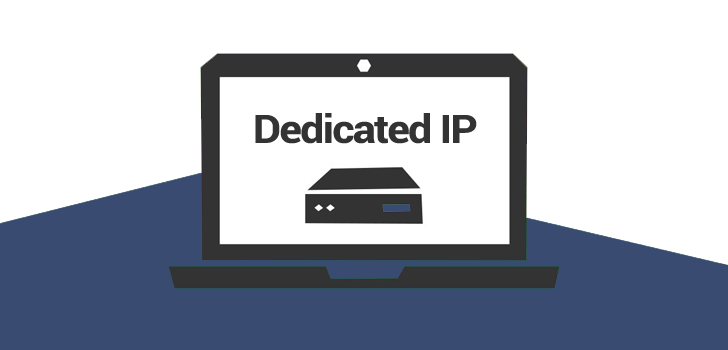Web hosting services makes a site to be accessible to internet users. A web host is the one who provides the service by renting out server resources to clients for a charge. Not all web hosts are the same. Determining where to have your website files hosted, is among the most significant steps in getting it up and running. You must choose a reliable web host with a good reputation to have the technical support and customer service you require. Shared below is a list of things to think about to find hosting provider that suits your business.
The Amount Of Resources And Bandwidth
Web hosting plans usually have specific limits for server resources, like disk space, and bandwidth. How much bandwidth and disk space you require depends on the traffic to your website. Bandwidth is the volume of data that your website can send and receive, so it depends on how big your site is or how much traffic it sees regularly. A simple business website, personal blog or small web store will possibly require a shared web hosting plan. A custom site with specialized software or a popular site having a large visitor count will require a dedicated server.
The Level Of Technical Assistance
How much assistance you want and control you will require will determine the form of hosting package and the web host that you select. There are shared, VPS and dedicated server hosting plans, with both managed and unmanaged options.
In managed hosting, the web host will control the server it rents out to you, maintain hardware and software, do backups, and so forth. It would be the perfect option for you if you lack technical knowledge. Unmanaged hosting is quite the opposite in that the provider will not perform server management tasks, and it would be a good option if you possess the technical knowledge. A top web host such as HostSailor offers both these options.
Scalability
The capability to scale up or scale down matters much in website hosting. Your website may be small at the start, but you would like to be capable of upgrading the hosting plan when it grows. Conversely, you might also have to downgrade to a smaller hosting package when your business website sees a smaller number of daily visitors. A web host offering scalability will make it all easier for you to do.
The Technical Support
Whichever plan you select, you would like to do business with a provider that is accessible to you around the clock. Its customer support personnel should be accessible via email or chat or by phone, and they should give you useful information for guiding you.






